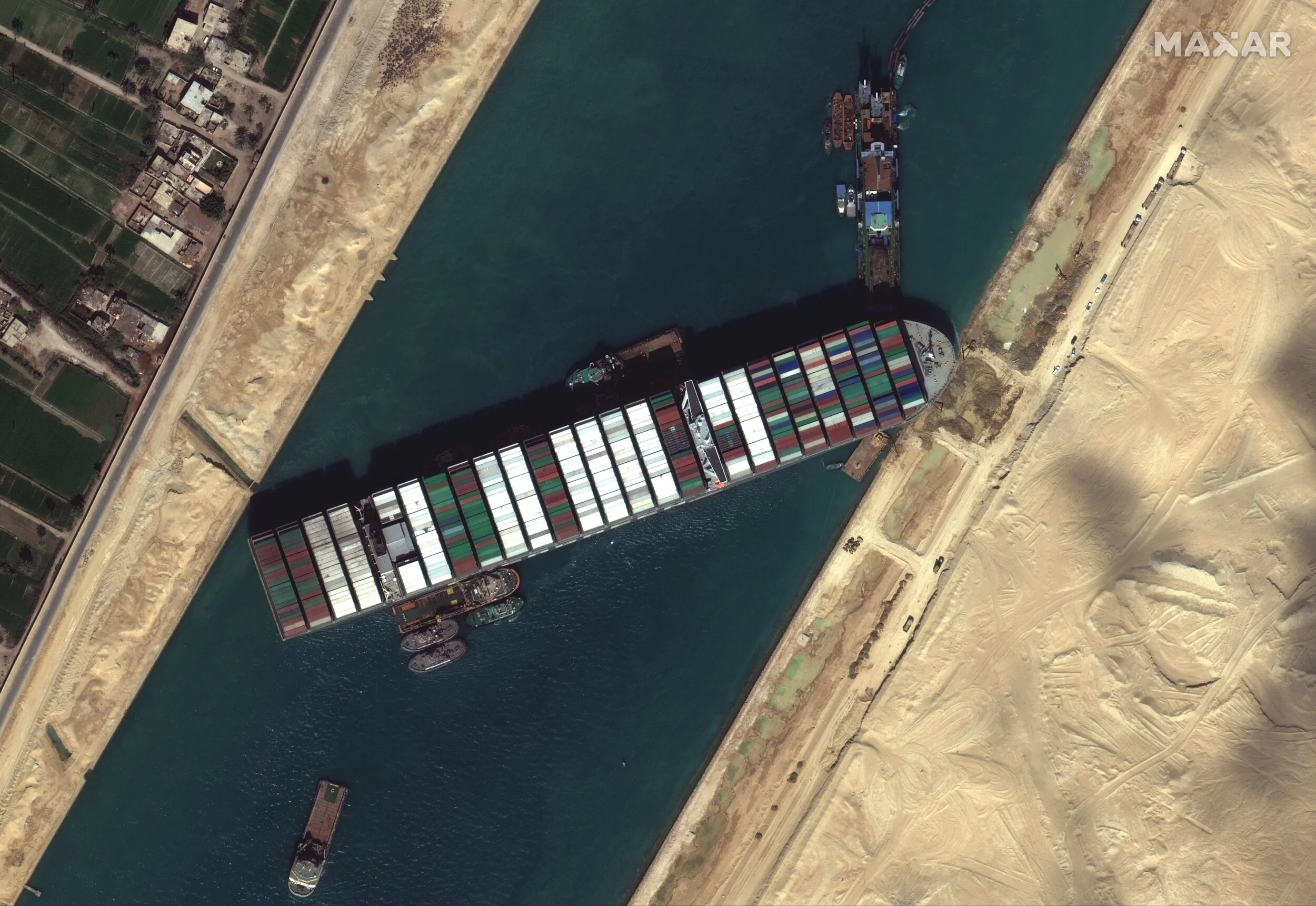April 15, 2021
Non-fungible tokens, a new blockchain technology, have been found to have a large environmental impact.
Many cyclists are unhappy about a new rule change that ends the tradition of tossing water bottles to fans during races.
The Muldrow Glacier in Alaska is moving up to 90 feet a day, 100 times faster than its normal pace.
A cyclone hit Indonesia, leaving over 160 people dead from flash floods and landslides. Many are claiming the Indonesian government’s recent rollback of environmental protections worsened the crisis.
Japan’s recent approval of treated radioactive water from the Fukushima nuclear plant into the Pacific Ocean has been met with fierce opposition.
Despite a slow economy resulting from COVID-19, greenhouse gases are currently on the rise.
The proposal for the construction of a controversial biomass power plant in Springfield, Massachusetts, was revoked by the state’s Department of Environmental Protection.
CACTO claims to be the first “carbon negative fashion company in the Americas” because it removes more atmospheric carbon than it produces through the manufacturing of its cactus leather products.





